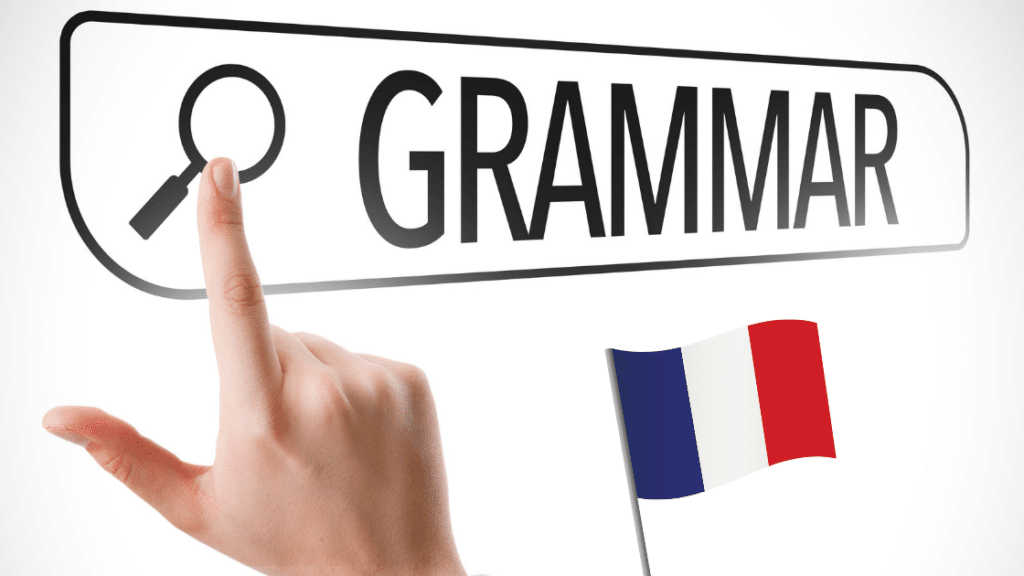
French er Verb Conjugations: The Bane of a French Beginner’s Existence
A huge battle for English speakers learning French face is learning how to conjugate all the different types of French verbs. Although it seems you must beat insurmountable odds to master the art of conjugation, it may not be as hard as it seems. All you need is a little organization. All the verbs (at least the regular ones) follow the same pattern, so with a nice, neat chart you will be well on your way to becoming an expert conjugations master!
 Most French verbs typically end in -er, -re, or -ir. The biggest group is verbs that end in -er. Verbs that use the normal endings are called regular verbs. -Er Verbs that fall into this group that use the normal conjugation pattern are called regular -er verbs. If an infinitive in French ends in -er, it means the verb will use the endings for -er verbs, for example, donner, aimer, parler will use the -er verb endings.
Most French verbs typically end in -er, -re, or -ir. The biggest group is verbs that end in -er. Verbs that use the normal endings are called regular verbs. -Er Verbs that fall into this group that use the normal conjugation pattern are called regular -er verbs. If an infinitive in French ends in -er, it means the verb will use the endings for -er verbs, for example, donner, aimer, parler will use the -er verb endings.

The verb of a sentence indicates some sort of action taking place. In French, some of the most common verbs end with the letters –er.
There are two ways to translate a singular present-tense French verb into English. Look at the examples below using the French verbs, parler (to talk) and regarder (to watch).
French English
Il parle à un ami. He talks to a friend.
He is talking to a friend.
Je regarde un film. He watches a movie.
He is watching a movie.
Notice how in French, the words “is talking” and “is watching” are not directly translated from English. Instead, the verbs parle and regarde translate automatically as such.

To know which form of the verb to use in French, you will need to know a few things:
1. What is the stem for the verb?
2. Who or what is doing the action?
3. What the ending is for the person doing the action?
In order to form verb conjugations, you must first find the stem of the verb. To find the stem of -er verbs in the present tense, you will take the infinitive (unconjugated) form of the verb and take off the -er. For example, parler is the infinitive verb meaning “to talk.” To find the stem you will take off the -er, and you are left with parl. (parler-er= parl). That means parl is the stem for the verb parler.
The second thing you will need to do is figure out who or what is doing the action in your sentence. Let’s say that our sentence has il as its subject. Since you now know who is doing the action, you will find the correct -er verb ending for “he” which is e.
Your final step for conjugating parler with il as the subject is taking the ending and adding it to the verb stem. So, parl + e = (il) parle.
|
Steps for Forming French ER Verb Conjugations 1. Find the verb stem. (parler- er = parl) 2. Find who or what is doing the action. (il) 3. Find the correct -er verb ending for the person or thing doing the action. (e) 4. Add the -er verb ending for that person or thing to the verb stem. (parl + e =parle) |
You now have the steps for conjugating -er verbs in French, but you will need to commit the -er verb endings (conjugations) to memory. They are laid out in a beautifully organized chart below.
|
Subject |
Add to stem |
|
Je |
e |
|
Tu |
es |
|
Il/Elle/On |
e |
|
Nous |
ons |
|
Vous |
ez |
|
Ils/Elles |
ent |
Directions: Use the chart above and follow the steps laid out in the steps for conjugating -er verbs graphic to conjugate the given -er verb for each sentence. Check your answers once you are done.
- Mon ami (Il) ______________la musique française. (adorer)
- Ma mère et moi, nous ______________ la clé de la porte. (chercher)
- Tu _____________ combien d’heures par semaine ? (étudier)
- Les femmes _____________ dans la piscine. (nager)
- Vous ___________ souvent les instructions pour les exercices. (oublier)
 Answers and Translation
Answers and Translation
- Mon ami (Il) adore la musique française. / My friend loves French music.
- Ma mère et moi, nous cherchons la clé de la porte. / My mother and I, we look for the key to the door.
- Tu étudies combien d’heures par semaine ? / You study for how many hours each week?
- Les femmes nagent dans la piscine. / The women swim in the pool.
- Vous oubliez souvent les instructions pour les exercices. / You often forget the directions for the exercises.





Responses